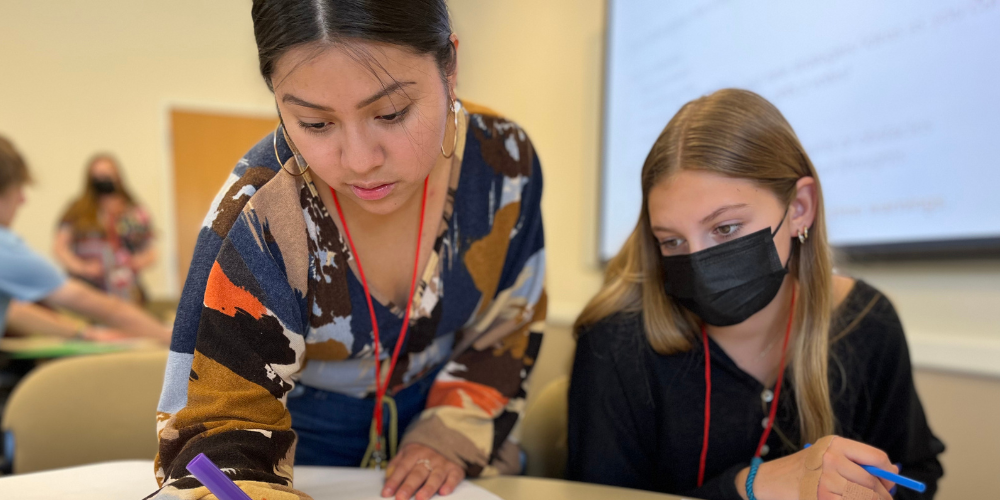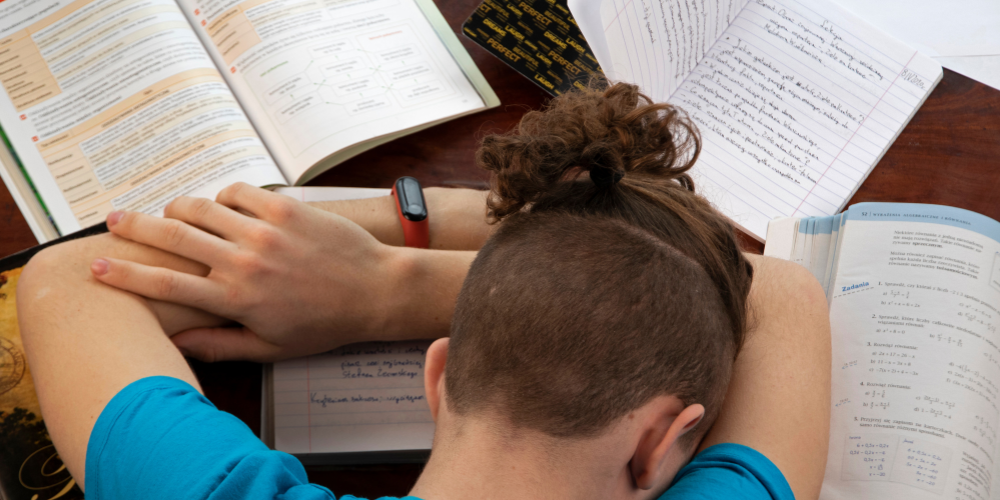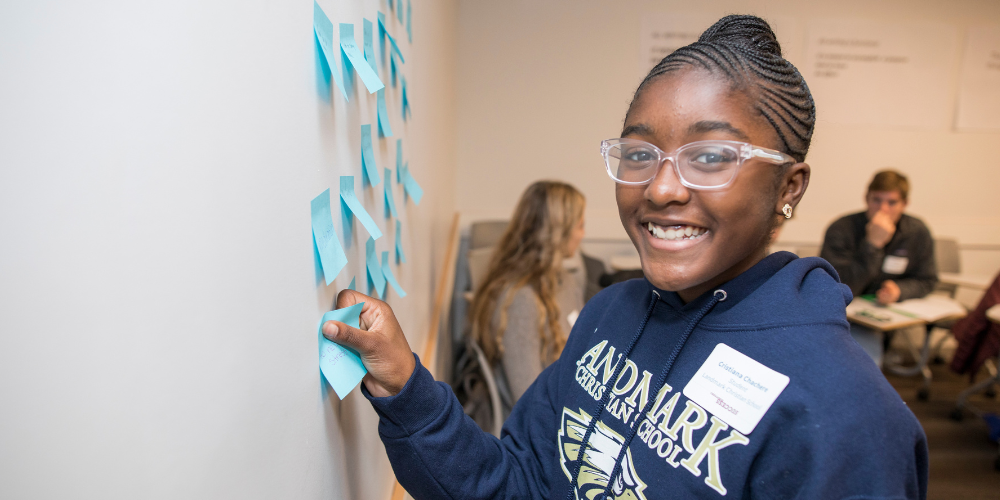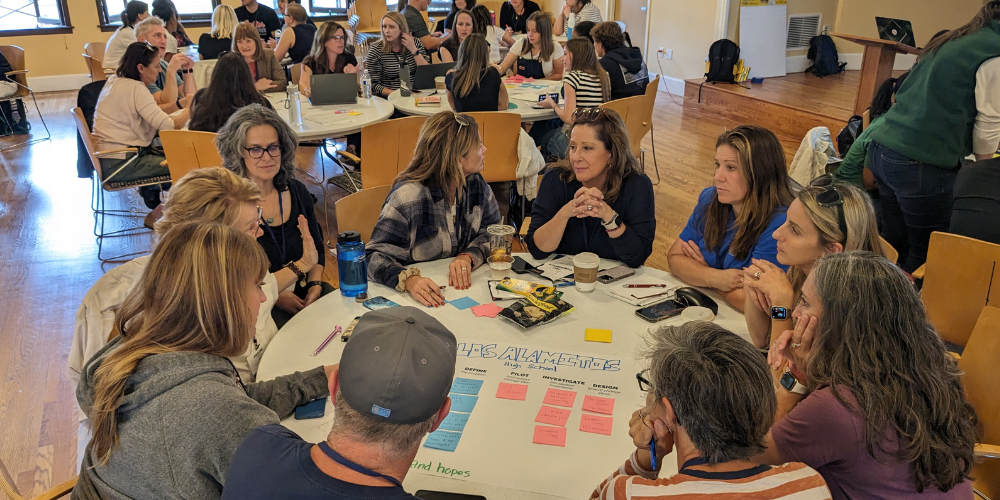
By Challenge Success Team
In today’s K-12 educational landscape, the pressure to achieve academically has reached unprecedented levels.
The relentless pursuit of academic excellence is taking a toll on students’ health, well-being, and academic engagement and performance.
This trend was uncovered in the 2024 Student Voice Report, which features a comprehensive analysis of students’ emotional and physical health, sense of connection and belonging in school, and engagement with learning. The report is based on data collected between 2010 and 2023.
Overwhelming Workloads and High Expectations

A predominant concern among students is the overwhelming pressure from their academic workload and the high expectations set by their parents and caregivers. Students consistently report that their overall workload, homework, tests, quizzes, finals, and assessments are the top sources of their stress. This pressure to excel is not just a passing phase, but rather a persistent burden that impacts their daily lives.
This pressure is especially pronounced among students who identify as girls, women, and transgender or gender non-conforming. Girls and women report higher levels of pressure to perform well across almost all racial and ethnic categories, and they also experience higher levels of worry about not meeting academic expectations compared to boys and men. Similarly, transgender and gender non-conforming students report significant pressure to succeed academically.
Adding to the complexity, about 30% of middle school students believe that their parents/caregivers have higher expectations for their future than they do for themselves.
This gap between parental expectations and students’ own aspirations can lead to feelings of inadequacy and chronic stress. Our culture’s overemphasis on grades, test scores, and rankings often clashes with the goal of fostering students’ well-being, engagement, and sense of belonging in school. This misalignment creates an environment where unhealthy levels of stress are the norm rather than the exception
Creating Change through Centering Student Voice

There is a glaring disconnect between what adults say they value and what young people perceive society values. While adults may define success as encompassing well-being, supportive relationships, joy, and purpose, the message that students receive is starkly different. They perceive that society places a much greater value on good grades, attending prestigious colleges, and earning high incomes. This perception can drive students to prioritize academic achievement over their mental and emotional health.
Schools have a critical role to play in addressing this crisis.
They have the opportunity to support healthy child and adolescent development by promoting environments that prioritize well-being, engagement, and belonging—alongside academic success. By collaborating with students and adopting proactive strategies, schools can help mitigate the negative impacts of achievement pressure. This includes creating supportive learning environments, offering mental health resources, and fostering open communication among students, parents, and educators about realistic and healthy expectations.
It is essential for parents, caregivers, and educators to recognize this problem and co-design creative solutions with the young people in their communities to create a more balanced and supportive educational experience. By doing so, we can help students achieve both academic success and fulfilling, well-rounded lives.
Related: The S.P.A.C.E. Framework for School Change
Need More Support?

Interested in learning how to co-design with your students on these topics and change outcomes in your school?
The Challenge Success School Partnership is an inclusive, community-driven collaboration that leverages the Challenge Success Change Process to transform the student experience within your school. Our program is a research-backed way to prioritize student well-being while also deepening engagement with learning and enhancing belonging.
Together, we will center the student experience, gather and interpret community-voice data, design research-based, equitable policy and practice changes, and create community-specific outcomes for all students. Learn more about how we can collaborate with your school community this year!
Challenge Success, a nonprofit affiliated with the Stanford Graduate School of Education – elevates student voice and implements research-based, equity-centered strategies to increase well-being, engagement, and belonging in K-12 schools.